Arabia, the Gulf, & the GCC Blog
The “Arabia, the Gulf, and the GCC” blog features insights and analysis from the National Council on U.S.-Arab Relations as well as information about the Council’s programs, projects, events, and activities. Founded in 1983, the National Council is a non-profit, non-governmental, educational organization dedicated to improving American awareness, knowledge, and understanding of the Arab region.
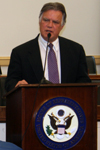
Upcoming Event: “Dynamics of Regional Crises Run Amok” – August 20 in Washington, DC
On August 20, 2014, the National Council on U.S.-Arab Relations and the U.S.-GCC Corporate Cooperation Committee are hosting
2014 Summer Intern Model Arab League Pictures
The 2014 Summer Intern Model Arab League, held July 12 in Washington, DC, brought together 42 students (33

Council Chronicle Vol. 7, No. 4 (2013) Now Available
The National Council on U.S.-Arab Relations is pleased to provide the twenty-third edition of the Council Chronicle, the
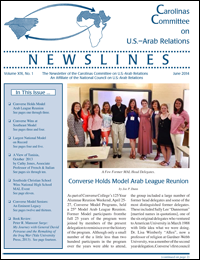
Carolinas Committee on U.S.-Arab Relations Spring 2014 “NEWSLINES”
The Carolinas Committee on U.S.-Arab Relations (CCUSAR), with Dr. Joe P. Dunn serving as Director, is an initiative of

The Dynamics of Future Saudi Arabian-Iranian Relations in Context
All is not well in Arabia and the Gulf. The further unraveling of security and stability in Iraq
Bloomsburg University MAL Students Visit Lebanon, Saudi Arabia
Read about two students from Bloomsburg University (Bloomsburg, Pennsylvania) who parlayed their experiences in the National Council on
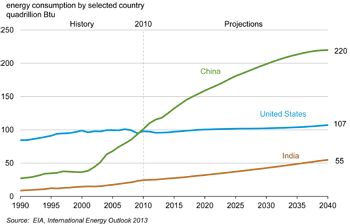
Dr. John Duke Anthony on the Impact of American Energy Production on Relations with the Gulf
Q: How might the U.S.-GCC relationship change, if at all, with the United States easing its reliance on
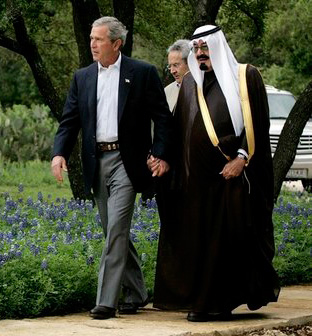
Dr. John Duke Anthony on U.S.-GCC Cooperation
Q: What aspects of U.S.-GCC cooperation are looked upon favorably by citizens of the Gulf Cooperation Council (GCC)
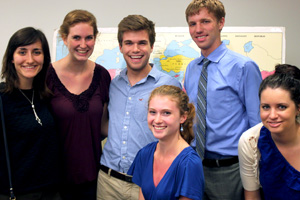
NCUSAR’s 2014 Washington, DC Summer Internship Program Commences
The National Council on U.S.-Arab Relations’ 2014 Washington, DC Summer Internship Program began today with 25 student fellows

Dr. John Duke Anthony on U.S.-GCC Relations & Anti-American Sentiment
Q: How is it that the Gulf Cooperation Council (GCC) countries retain good relations with the United States

The Gulf Cooperation Council: Deepening Rifts and Emerging Challenges
On May 22, 2014, the Subcommittee on the Middle East and North Africa of the Committee on Foreign Affairs in
Iraq Update – Challenges and Opportunities: A Conversation with H.E. Lukman Faily
On May 9, 2014, the National Council on U.S.-Arab Relations and the U.S.-GCC Corporate Cooperation Committee hosted a
